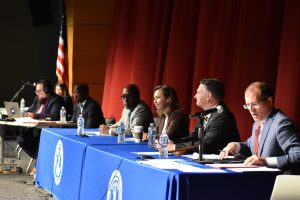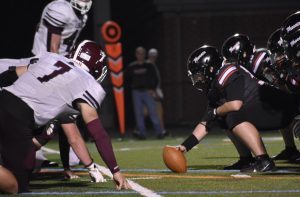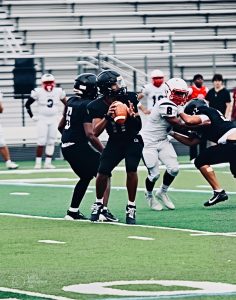Death of a Bachelor (Franchise)
After 20 years on television, including 26 seasons of “The Bachelor,” 19 seasons of “The Bachelorette,” seven seasons of “Bachelor in Paradise,” and other “Bachelor” franchise spinoffs, when will the novelty wear off? The truth is, it already has. Scandal after scandal, “clout chasing” contestants, and its very own premise are slowly chipping away at the former pinnacle of reality TV.
A series of changes — such as the constant switching of hosts after Chris Harrison’s departure, Matt James, someone not previously a contestant of the franchise, becoming “The Bachelor,” and Clare Crawley being the shortest lead in “Bachelorette” history — have been road bumps for the ABC series. These abrupt shifts put into perspective the questionable future of the franchise, and how many more adjustments are in store for it.
October 13, 2022
“It’s the most dramatic season finale in ‘Bachelor’ franchise history…” yeah, three times a year since 2003. While “The Bachelor” franchise isn’t the most tasteful viewing, it has garnered an extremely large worldwide fanbase, with the most-viewed episodes reaching nearly 20 million viewers, as well as generating 60-90 million in ad revenue each year. It’s not a mystery why “The Bachelor” has been a pop culture staple for the last two decades — the fun of the show lies in its absurdity. Even in the presence of a seemingly sexist and archaic format, female viewers, aged 18-49, continue to be the franchise’s leading demographic. So, how did a form of escapism for the hopeless romantics of the world dwindle to record lows this year?
Scandal
While the franchise has had its fair share of scandals since its humble beginnings, such as the first “Bachelor” season causing a call for a female lead, they’ve certainly hit the boiling point in severity as of late. It’s hard for many of us in Bachelor Nation to think of the franchise without thinking of Chris Harrison, and his 19-year-run as host of “The Bachelor” and its many spin offs. However, in February 2021, he stepped down from the role.
Harrison’s resignation came after he defended photos from 2018 of former “Bachelor” contestant Rachael Kirkconnell who was seen at a plantation-themed fraternity formal. A specific comment Harrison had made regarding the photos during an “Extra” interview with Rachel Lindsay, the first African-American “Bachelorette” in the show’s history, sparked outrage. “Well, Rachel, is it a good look in 2018? Or is it not a good look in 2021? Because there’s a big difference,” Harrison said. To which Lindsay responded, “”It’s not a good look ever, if I went to that party, what would I represent at that party?”
Although Harrison admitted shortly after that he had made a mistake, this led to many people questioning the show itself, and the lack of diversity in contestants and leads. The controversy proved to be both positive and a negative for the franchise. While I would still love to see more people of Asian and Hispanic heritage on the shows, I appreciated how more people of color, overall, began to have the opportunity of being the lead, such as Matt James and Tayshia Adams. On the other hand, the show still struggles to find a solid host that contestants and viewers alike can count on. After giving former leads Kaityln Bristowe and Adams the role for two seasons, and now former “Bachelor” Jesse Palmer hosting for the past year, viewers have been steadily losing interest.
It is important to note that reality TV is prone to scandal, but ultimately that is a factor that can fuel viewership, not necessarily hurt it. So, what else could be causing the dwindling ratings?
Contestants
From the classic “she’s not here for the right reasons,” to the “I feel totally blindsided right now,” — and my personal favorite, “he has a girlfriend back home,” the franchise definitely has its fair share of contestant cliches. However, it’s what all these quotes have in common that’s causing the foundation of the shows to crumble: contestants who go on the show, not for the intention of finding love, but the intention to self-promote and gain social status.
While other contestants and the lead themselves can usually weed out the bad seeds early on, there are instances where the self-interested contestant makes it all the way to the proposal. The biggest example of this would be Jed Wyatt, from Hannah Brown’s season of “The Bachelorette.” After a heartbreaking break up with Bachelor nation fan favorite, Tyler Cameron, Brown went on to accept a proposal from Wyatt, a singer-songwriter who, on occasion, played the guitar for her a few too many times for my liking. Shortly after they got engaged, Brown discovered that Wyatt had a girlfriend in his hometown and went on the show to promote his career. Brown knew nothing of his intentions until after the final rose. “You were really selfish in this,” Brown told Wyatt during the season finale. “I just feel like right now, my decisions, my choices, were all tainted.” In an age of social media influencers and networking, the search to find love on reality television is becoming harder than ever.
At the end of the day, what draws audiences around the world to this franchise is slowly being eroded. Junior Juliana Noriega has been watching the franchise for a few seasons, but the new ones aren’t stacking up. “I watch “The Bachelor” franchise because I love seeing the magic of these relationships develop and the drama that arises from that,” Noriega said. “[But] honestly, I don’t really like the direction the show’s headed, since most of the guys I liked have been sent home.” Noriega represents the average viewer’s perspective, as the franchise becomes more and more tainted, the level of interest the audience has in the resulting romance is little to none. However, the show hasn’t completely lost her viewership: “I will still tune in next week to see how everything wraps up,” she said.
Premise
Meet 25 new people, form a connection with every single one of them over six weeks, go through heartbreak, fall in love, and get engaged to be married — the code for love, right? That fairytale ending that gets every contestant to sign a non-disclosure agreement is truly nothing but a failed experiment. While this has been the premise for years, the reality of it is starting to show. The relationships formed through “The Bachelor” and “The Bachelorette” pose a miniscule 16% and 33% success rate, respectively.
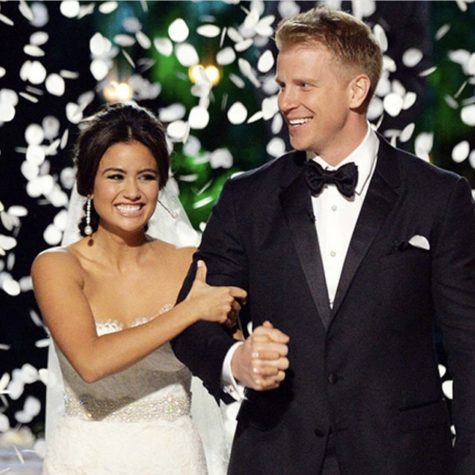
The fairytale promise and the poor fate of the former couples go hand in hand. When entering to be a contestant on the show, you are fully aware that at the end, there’s an engagement. While this promise does not signify a marriage right away, it shows that you are ready to make that commitment to someone, even if in reality you’ve only spent a total of 12 hours with them. This aspect of the show has become important for the leads to see who is serious about them, especially in an age of social climbers and sweet nothings. In the currently airing season of “The Bachelorette,” one of both Gabby Windey and Rachel Recchia’s final two men exited the show due to the fact that they weren’t ready for an engagement. The women were devastated, but continued to emphasize their unwillingness to waver on the matter. Viewers like myself criticize and support this process of elimination, questioning if the girls are only in it for a ring, or backing them up, claiming the men knew what they signed up for.
Additionally, the current season of “The Bachelorette” made the mistake of making two women the lead. Although this is the first time they’ve fully attempted something of the sort, it’s a heavily scrutinized adjustment due to double standards, with there always being one “Bachelor,” as well as the lack of time for each lead. Junior Hannah Frankel calls the new change “an amusing twist for the series,” but she has mixed emotions.“I think the concept of having two bachelorettes was bittersweet,” Frankel said. “I liked the fact that the two ladies had each other throughout the experience, giving each other advice, since they are going through the same thing. On the other hand, I do think it brought a lot of confusion and prolonged the process of the show.”
Despite the work to be done on the diversity front, as well as double standards, “The Bachelor” will always be my staple guilty pleasure watch. No matter how corny the “yes, a thousand times, yes” gets at the proposal, or how embarrassing the contestant limo entrances are, I know exactly how I’m going to continue spending my Tuesday nights.
Season 19 of “The Bachelorette” is available to stream on Hulu, Season 8 of “Bachelor in Paradise” is currently airing every Monday and Tuesday night on ABC.

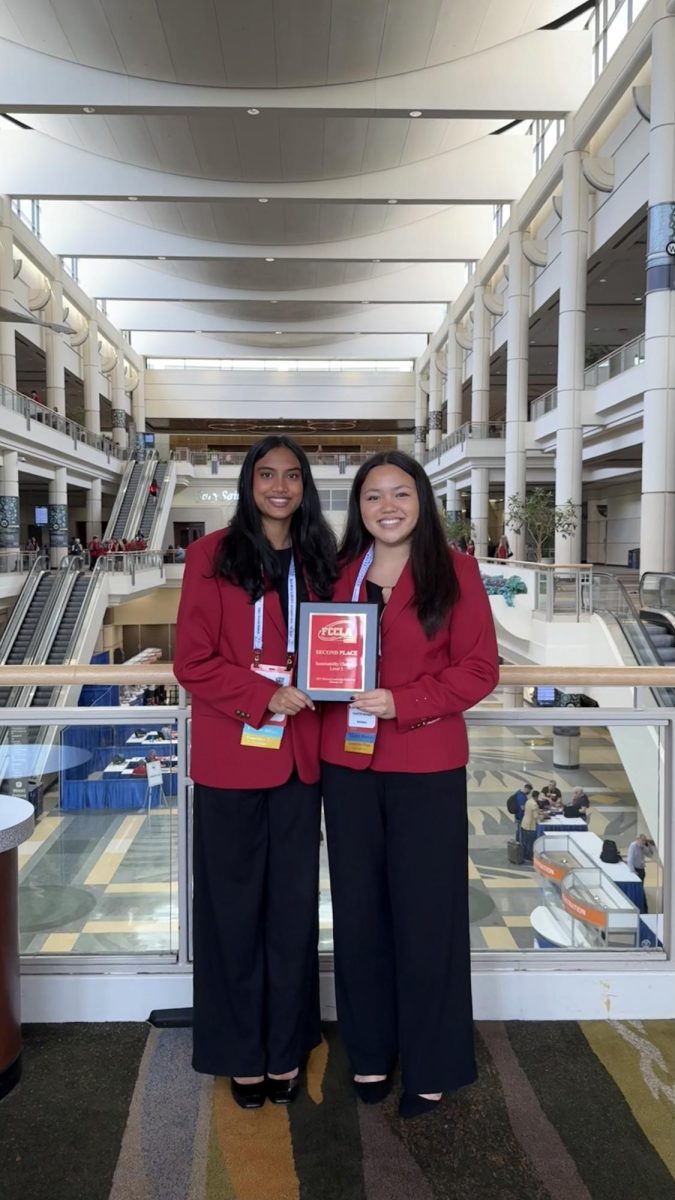



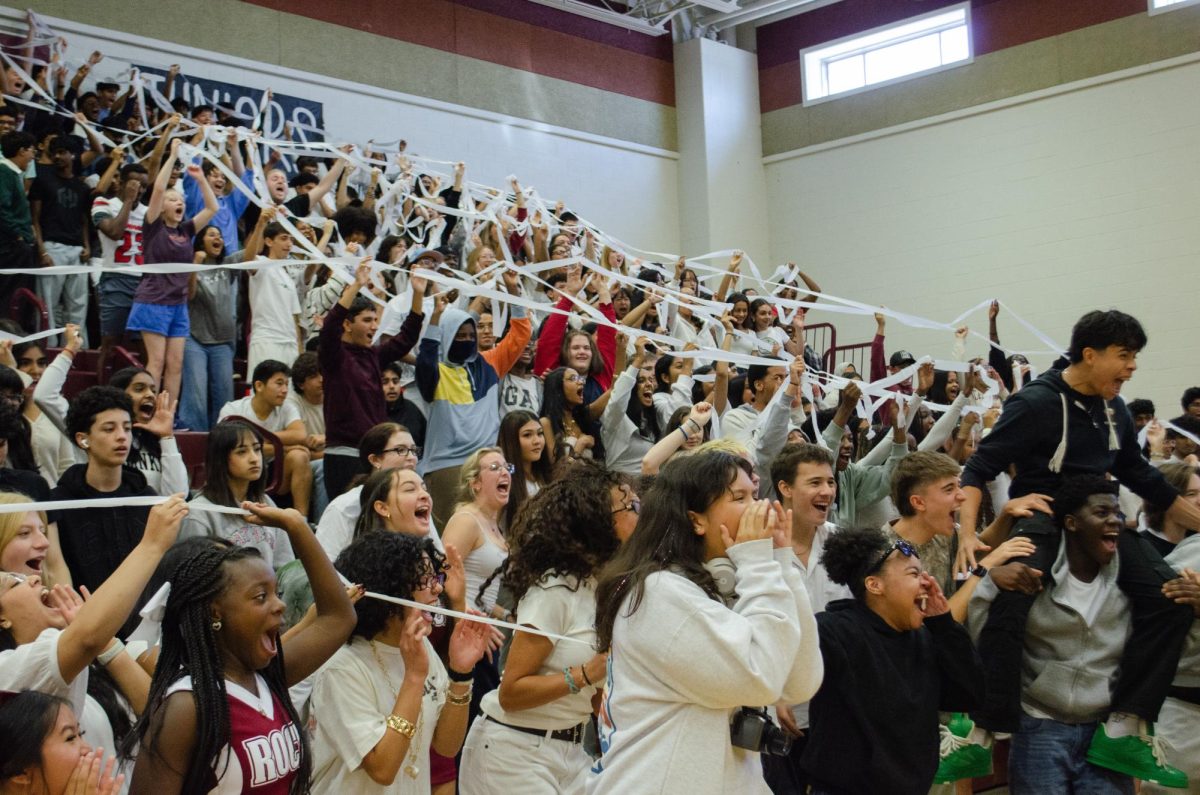









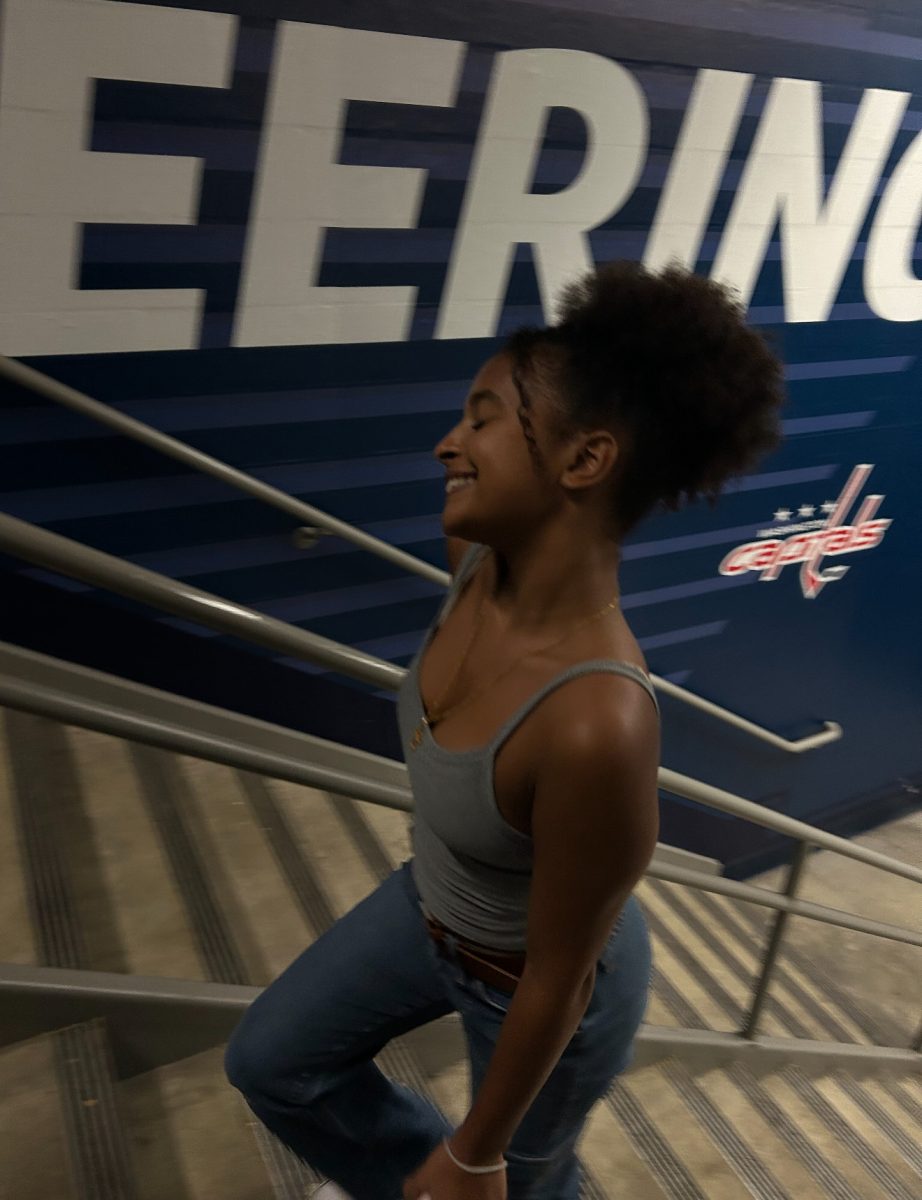
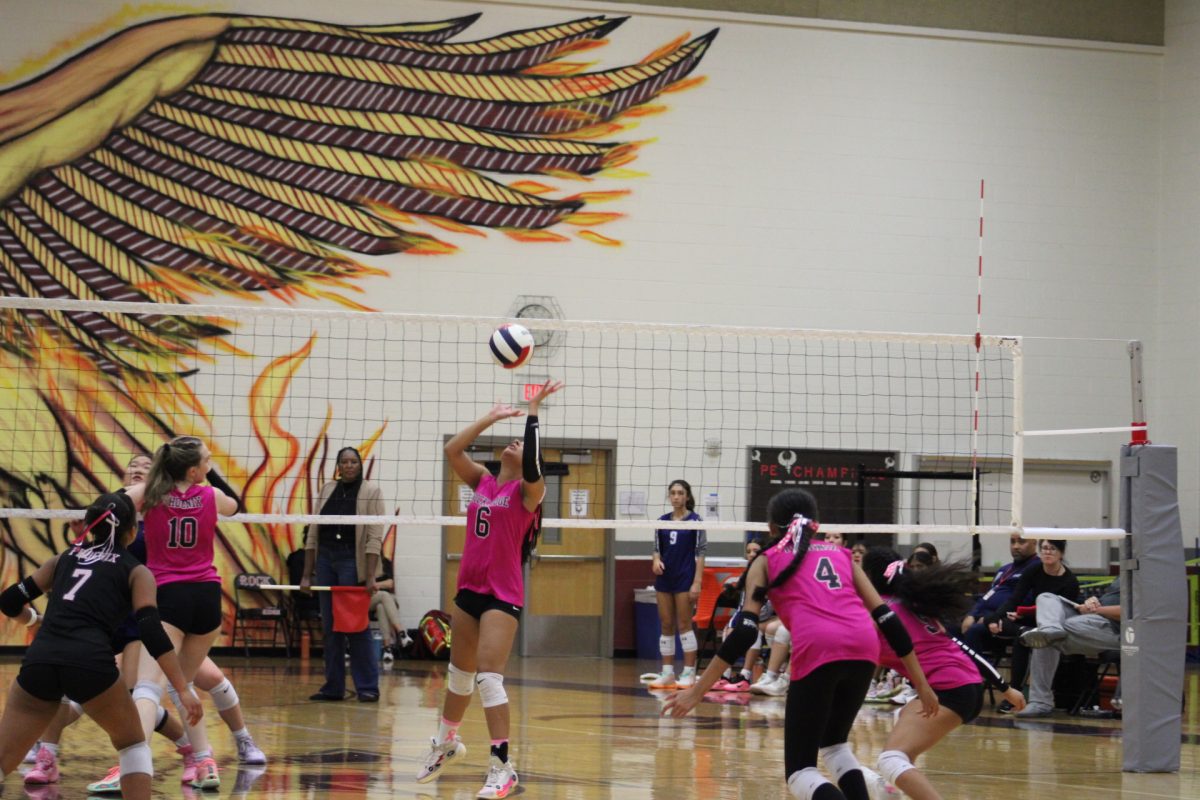



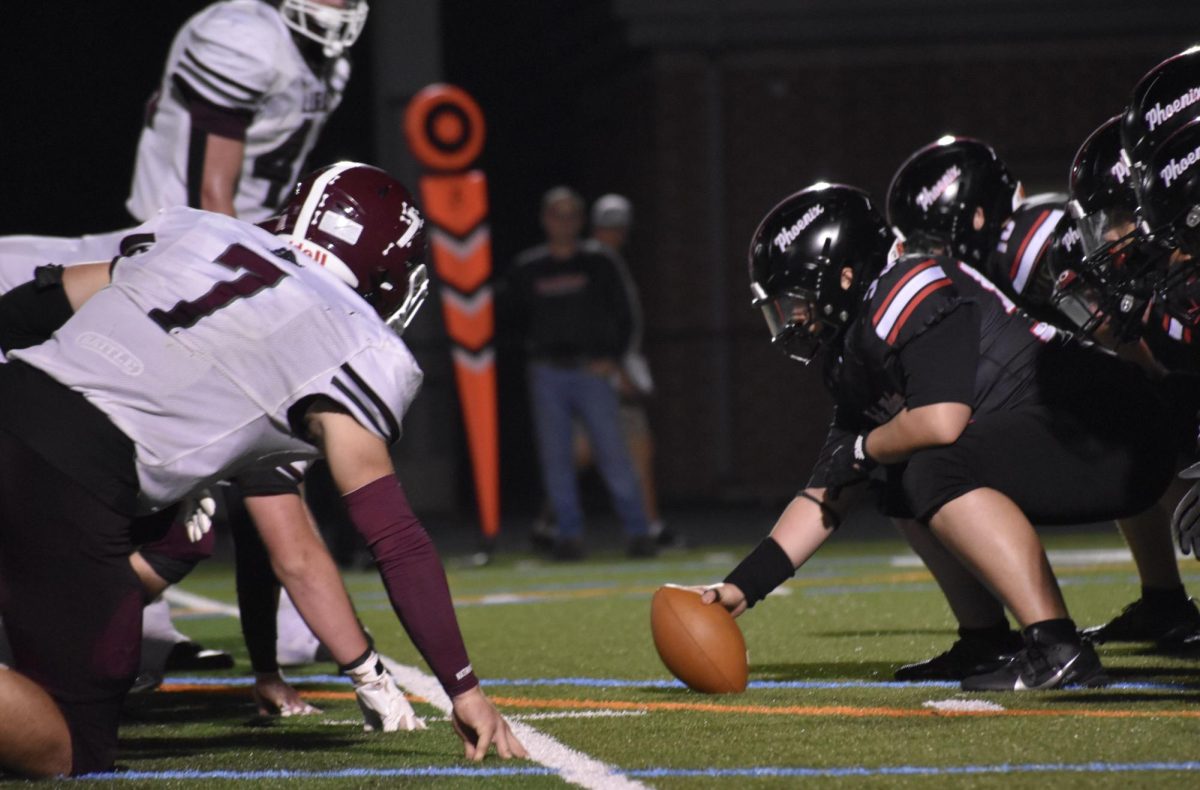





![The Phoenix varsity volleyball team lines up for the national anthem. “We were more communicative [with each other] during this game, and I feel like we kept our energy up, especially after the first set,” senior Jessica Valdov said.](https://theblazerrhs.com/wp-content/uploads/2024/10/DSC_0202-1200x800.jpg)










![Junior Alex Alkhal pitches the ball. “[I] just let it go and keep practicing so we can focus on our goal for the next game to get better as a team,” Alkhal said.](https://theblazerrhs.com/wp-content/uploads/2025/05/DSC_0013-1-1200x929.jpg)




















